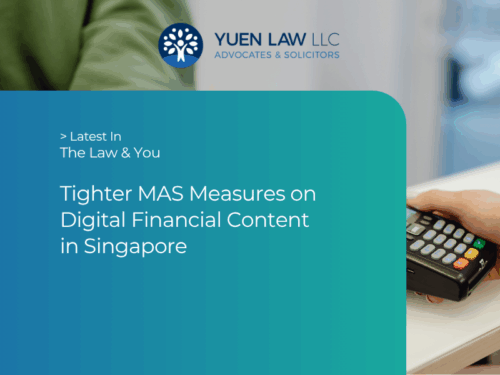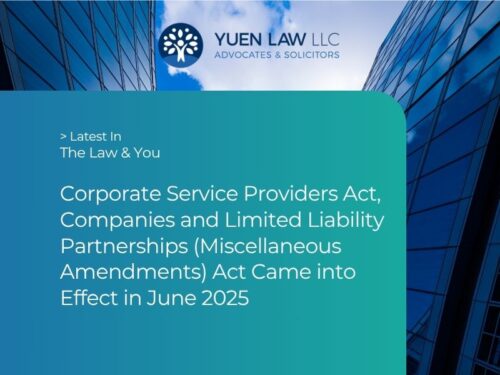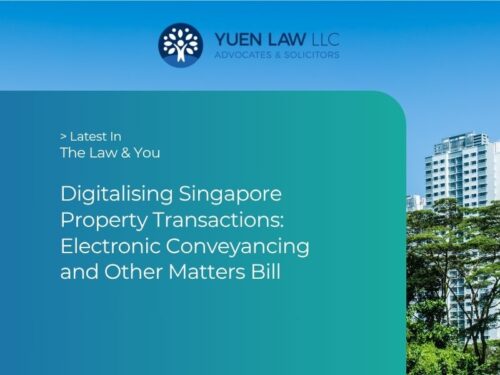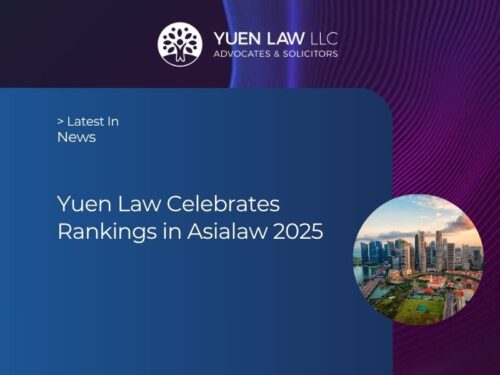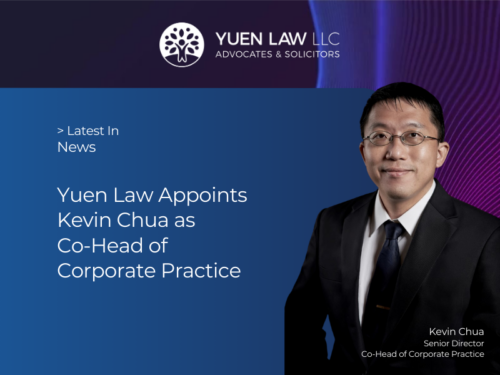Dr. Ting Choon Meng sued MINDEF for infringing his patent for the idea of a mobile first-aid vehicle. In January 2014, the Court held that the patent that Dr. Ting had lodged was invalid and revoked the patent.
Subsequently, Dr. Ting alleged in an article published on a socio-political blog, “The Online Citizen”, that MINDEF had stolen the idea from his company. His grievances were also aired in a video interview posted on the website. In response, pursuant to section 15(1) and (2) of POHA, MINDEF brought an action against Dr. Ting for a court order to be made requiring Dr. Ting to publish such notification as the court thinks necessary to bring attention to the falsehood and true facts.
The preliminary issue which the court had to determine was whether the Government was a “person” within the meaning of POHA so as to invoke section 15 of POHA. In December 2015, the Honourable High Court Judge See Kee Oon held that section 15 of POHA only applied to natural persons, overturning the judgment from the court below.
Protection from Harassment Act Protects Natural Persons
Only natural persons may seek redress under section 15 of the Protection from Harassment Act.
The objective of POHA is meant to “protect persons against harassment and unlawful stalking.” The Government or any corporation may not be considered as a “person” for purposes of section 15 of POHA.
Judge See Kee Oon held that courts should be slow to grant an order in cases where the subject of the false statements have suffered “no psychological or emotional impact”. Since companies are unable to be emotionally of psychologically affected, the POHA does not apply to companies.
Section 3 of the Government Proceedings Act does not justify the Government being considered a “person” as under the POHA because the provision itself is subject to “any written law”.
The court however left open the possibility for human beings who manage a corporate body to avail themselves of remedy under section 15 of POHA whenever a false statement was directed against the corporate body but “involve by necessary inference imputations against those who are responsible for its direction and control”.
What this means for Business Owners
Companies cannot rely on the POHA to seek recourse for false statements under section 15. Statements made falsely against a company cannot be awarded damages. Companies would have to seek redress via other means such as under defamation. A defamation claim can be lodged if the reputation of the company has been adversely affected by false statements. However, Whether the firm’s reputation has been adversely affected is objectively determined.
Forms of Defamation
Libel
Defamatory words are in permanent form/ broadcasted (eg. Internet postings, broadcasting via telecommunications, newspaper).
Slander
Defamatory words that are temporal (eg. Spoken words). Companies losses suffered will need to be proven.
Companies can further protect employees from harassment in the workplace through specifically drafted terms being inserted into the employees’ handbook.
Companies can further protect employees from harassment in the workplace through specifically drafted terms being inserted into the employees’ handbook.

